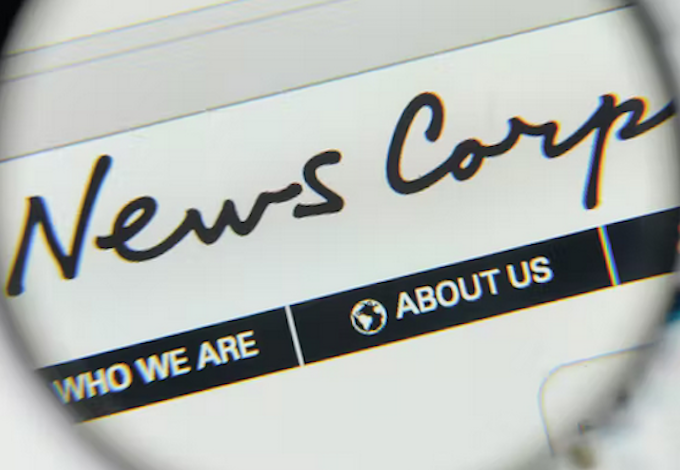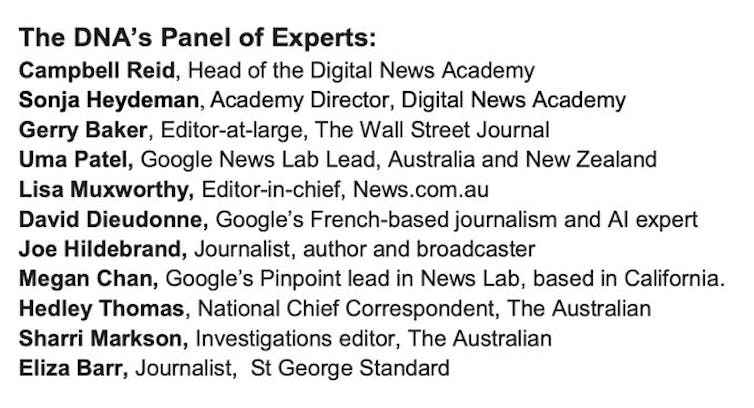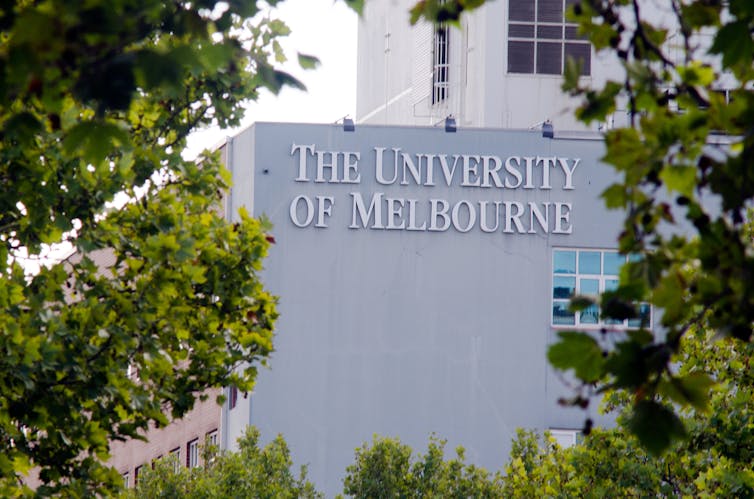
ANALYSIS: By Andrew Dodd, The University of Melbourne; Alexandra Wake, RMIT University, and Matthew Ricketson, Deakin University
News Corp Australia and Google have announced the creation of the Digital News Academy in partnership with the Melbourne Business School at the University of Melbourne. It will provide digital skills training for News Corp journalists and other media outlets.
Is this a good thing or a bad thing?
The academy won’t provide full degrees, just certificates and a chance to upgrade digital skills in a fast-changing media environment.
- READ MORE: More than protection, Australian journalism needs better standards
- The news media bargaining code could backfire if small media outlets aren’t protected: an economist explains
Many companies in various industries have partnered with universities to deliver what used to be in-house training programmes. Strengthening the links between industry and the academy has been welcomed in many sectors and certainly encouraged by governments for many years.
Why then are we as journalism academics concerned?
There are several reasons. The first and most obvious is the incursion of a high-profile and controversial media company into the higher education sector and the extent to which that is funded by a large disruptive digital search company.
Antagonism towards academia
It is telling that the Digital News Academy will be housed in the University of Melbourne’s private arm, the Melbourne Business School, rather than its Centre for Advancing Journalism within the Arts faculty.
Australia’s largest commercial media company has long criticised university journalism education, and journalism academics, including each of the authors of this article and many of our colleagues.
The company even once sent an incognito reporter into a University of Sydney lecture to uncover criticism of News Corp in the classroom. That reporter, Sharri Markson, is now investigations editor at The Australian and a member of “the panel of experts” that will oversee the Digital News Academy.

So it comes as no surprise that News Corp has avoided journalism programmes.
News Corp Australasia’s executive chairman Michael Miller has said part of the academy’s role will be building a stronger Australia by keeping society informed through “strong and fearless news reporting and advocacy”.
Yet partnering with a journalism programme would have facilitated that. It might also have helped assuage News Corp critics, some of whom have been active online during the week with reminders about News Corp’s unethical conduct during the hacking scandal and its disregard for scientific evidence in its reporting on climate change.
University journalism courses teach ethics and critical thinking alongside practical skills such as new digital ways of fact checking, gathering information and telling stories.
Google Australia already offers free tutorials to journalism programmes about smart ways to use its search engine to find and check investigative stories.
University journalism programmes also distinguish between training and education; the former is predominantly about skills, the latter places those skills in context and teaches students how to think critically about the industry and environment in which they work.
By placing this course in a business school and not a liberal arts or humanities faculty, the venture gets the kudos of the University of Melbourne’s backing without the challenging academic culture News Corp dislikes.
News Corp and Google are corporate clients, paying the university for these courses, so the capacity for independent criticism of Australia’s most dominant newspaper company is eroded even further.

What will the Digital News Academy do?
All we know so far about the academic credibility of the Digital News Academy comes from its promotional announcement, in press releases reported in the Media section of The Australian (published by News Corp).
The publicity says the nine-month course will take 750 enrolments from journalists at News Corp Australia, Australian Community Media (the stable of 160 regional publications formerly owned by Fairfax) and smaller media partners.
A “governance committee” will select candidates (who nominate themselves or are put forward by their employers). These students will be expected to use the Google suite of tools as they collaborate online at the Melbourne Business School, to generate, build and sell stories to the course’s “Virtual Academy Newsroom”.
Each year there will be what is being billed as a major journalism conference and a US study tour for a select group of trainees.
There are no public details yet of the academic credentials of the certificate programme but the academy has drawn on a “panel of experts”, almost all of whom come from inside News Corp and Google.
Google gains influence
It’s easy to see why Google was motivated to fund a News Corp training academy above and beyond what it is required to do as part of its bid to stop further intervention in its workings by the Australian government under the terms of the News Media Bargaining Code.
But there are some deeper questions about why a company that has such a stranglehold on the new digital economy is involved. By funding the academy Google may be undercutting full university degrees specialising in journalism.
Relying on Google to make up the shortfall in news organisations’ training budgets is a problem. It allows Google to shape curriculum while appearing to be a champion of the same journalism industry it has been accused of undermining.
As journalism academics we respect the need for specialised training and skills development. But journalism programmes should never be captured or constrained from being critical of the industry for which they prepare students.
They should continue to embed ethics in their courses. The aim, after all, is to improve journalism, for everybody’s benefit.
As it is often said, news is not just another business. While studying journalism often involves the study of business, business imperatives should not drive the study of journalism itself.![]()
Dr Andrew Dodd is director of the Centre for Advancing Journalism, The University of Melbourne; Dr Alexandra Wake is programme manager, journalism, at RMIT University, and Dr Matthew Ricketson is professor of communication at Deakin University. This article is republished from The Conversation under a Creative Commons licence. Read the original article.
Dr Dodd has worked as a journalist at The Australian newspaper and has provided in-house legal and news writing training for News Corp. Dr Wake has provided in-house training for the ABC and for Australian Provincial Newspapers. She is the elected president of the Journalism Education and Research Association of Australia (JERAA). Professor Ricketson has worked on staff at The Australian, among other news outlets. He was a member of the Finkelstein inquiry into the media and media regulation which was sharply criticised in News Corp Australia publications. His appointment as the Media Entertainment and Arts Alliance’s representative on the Press Council was also criticised by News Corp Australia. Full disclosures at The Conversation.













































